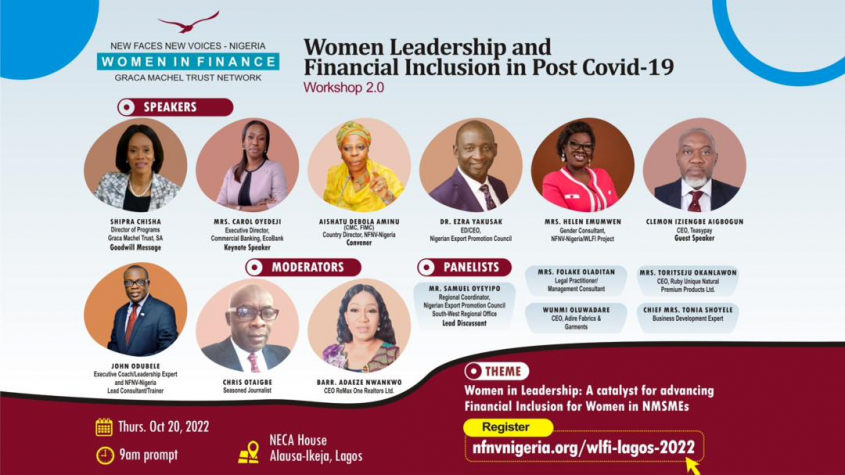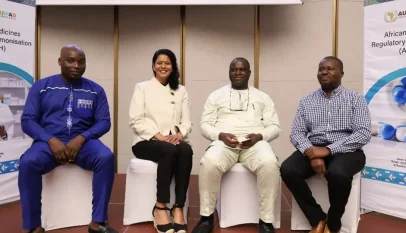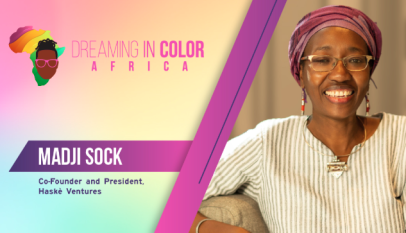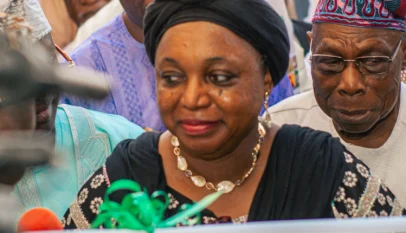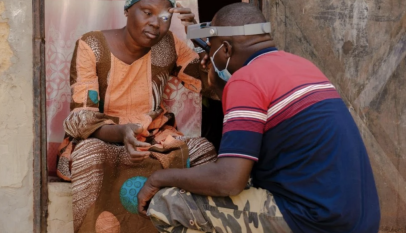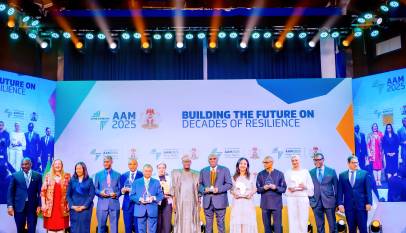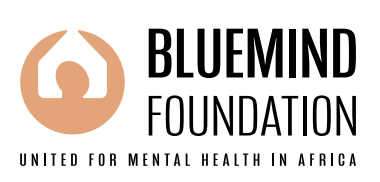NFNV-Nigeria Lagos workshop on women’s financial inclusion post-Covid-19, holds October 20
The Nigeria chapter of New Faces, New Voices (NFNV-Nigeria), is set to hold the second leg of its training workshops on women’s financial inclusion during post-Covid-19, which is part of its Women’s Leadership for Financial Inclusion & Economic Recovery (WLFI) Project on Thursday, October 20th 2022 in Lagos, Nigeria.
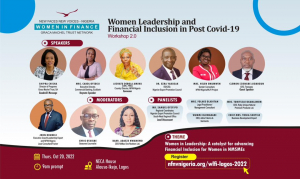
The workshop, which seeks to build the capacity of attendees on business growth and visibility for export trade, will take place in Alausa-Ikeja under the theme: “Women in leadership: A Catalyst for advancing financial inclusion for women in NMSMEs”. It will draw professionals from the financial, economic and private sectors who will champion the course of enhancing the capacity of women in finance.
Religion, culture, prejudices as well as the Covid-19 pandemic are the major factors constraining women’s leadership in key finance sectors, thereby exacerbating the financial exclusion of women. Research shows access to finance for women from formal financial institutions like banks is 39% compared to men’s 51%, just as women’s access to finance in the informal sector is 15%, a bit higher than 12% for men.
To that end, the WLFI Lagos workshop will review the government’s post-Covid-19 policies, interventions and programs for financial inclusion and economic recovery in relation to women. Attendees of the WLFI workshop will also be exposed to business expansion dynamics, including capital, collateral, conditions, capacity and character for business expansion. Consequently, their abilities will be raised to grow their business and visibility for export trade.
It will be recalled that NFNV Nigeria in August held the first leg of the NFNV-WLFI workshops in Kano, which delved into various financing opportunities women entrepreneurs across formal and informal sectors could take advantage of to restart and boost their enterprises, post-Covid-19. The workshop was aimed at fostering inclusivity in access to financial services and access to the market, while also discouraging socio-cultural practices that militate against financial inclusion in northern Nigeria.

